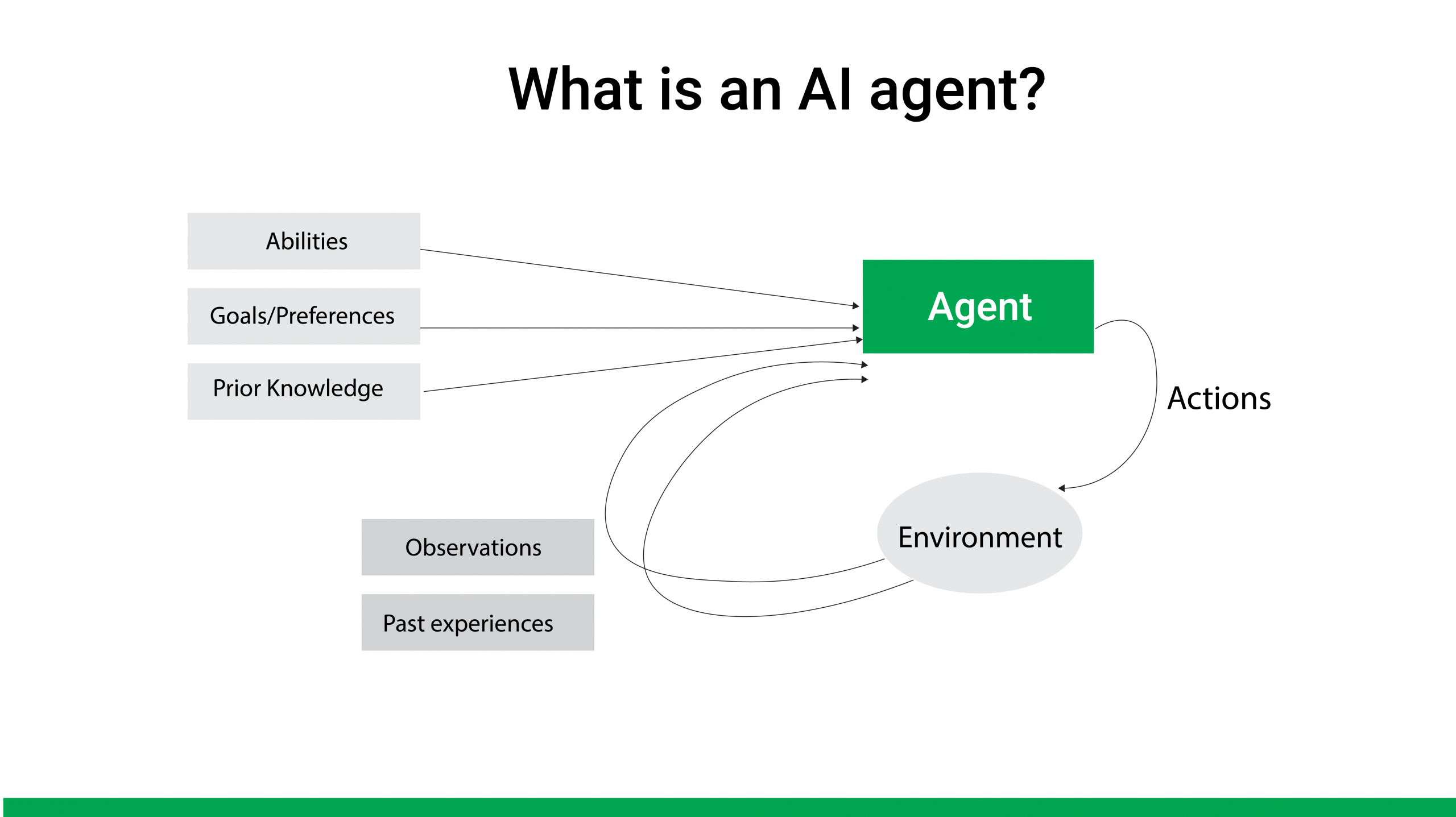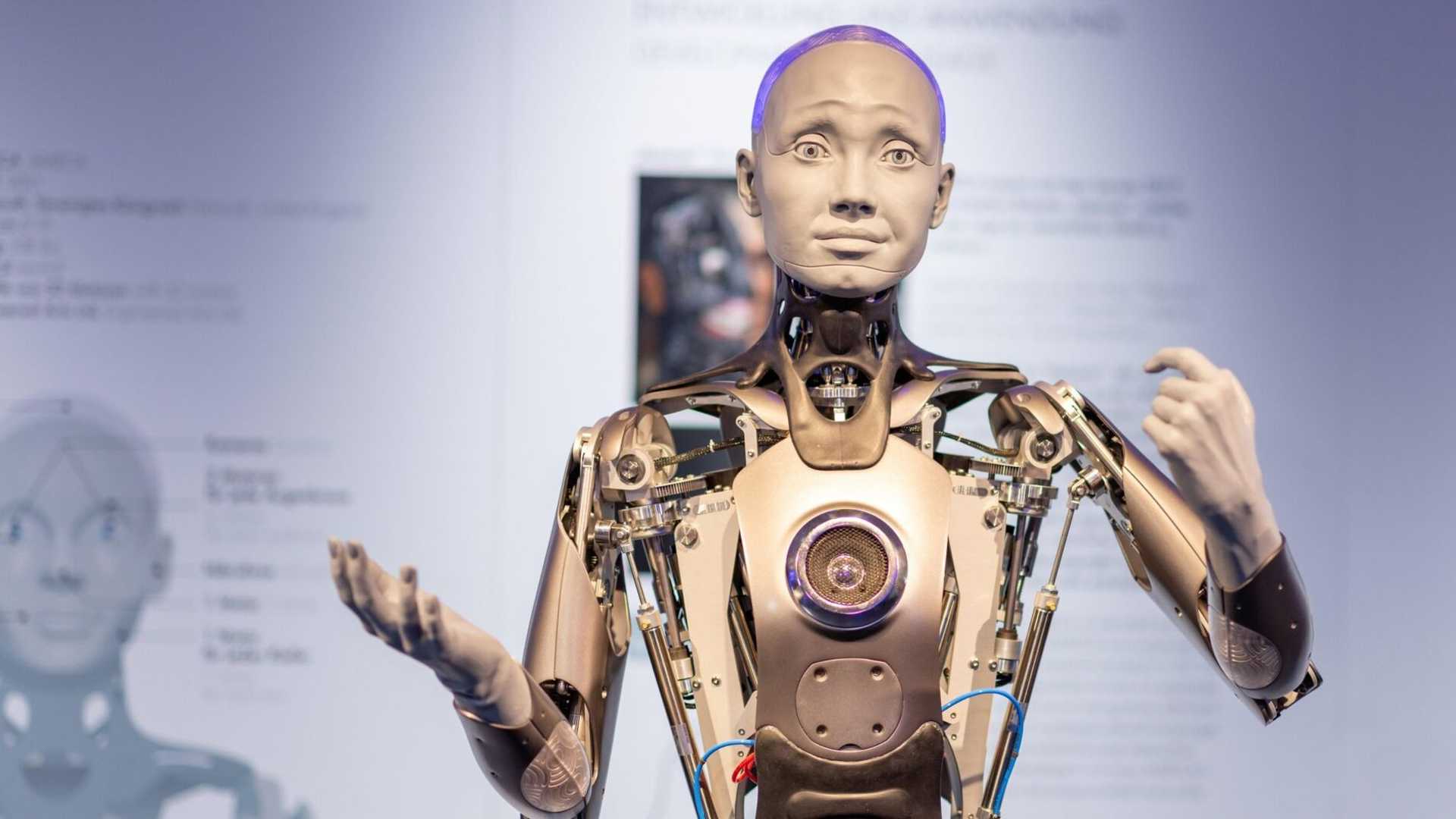AI Agents Promise to Connect the Dots Between Reality and Sci-Fi
If you tuned in for Google I/O, OpenAI’s Spring Update, or Microsoft Build this month, you probably heard the term AI agents come up quite a lot in the last month. They’re quickly becoming the next big thing in tech, but what exactly are they? And why is everyone talking about them all of a sudden?
AI Agents: A New Frontier

Simply put, AI agents are just AI models that do something independently. It’s like Jarvis from Iron Man, Tars from Interstaller, or HAL 9000 from A Space Odyssey. They go a step further than just creating a response like the chatbots we’ve become familiar with – there’s action. To start out, Google, Microsoft, and OpenAI are trying to develop agents that can tackle digital actions. That means they’re teaching AI agents to work with various APIs on your computer. Ideally, they can press buttons, make decisions, autonomously monitor channels, and send requests.

“I agree that the future is agents,” said Echo AI founder and CEO Alexander Kvamme. His company builds AI agents that analyze a business’ conversations with customers and deliver insights on how to improve that experience. “The industry’s been talking about it for years and it hasn’t materialized yet. It’s just such a hard problem.”
The Challenges Ahead
Kvamme says a truly agentic system needs to make dozens or hundreds of decisions independently, which is a hard thing to automate. To return a pair of shoes for example, as Google’s Pichai explained, an AI agent may have to scan your email to look for a receipt, pull your order number and address, fill out a return form, and fulfill various actions on your behalf. There are many decisions in that process you don’t even think about, but you’re subconsciously making.
The Future of AI Agents
If you can create agents digitally, there’s not much of a barrier to creating agents that work with the physical world as well. You just have to program that task to a robot. Then you really get into the stuff of science fiction, as AI agents offer the potential to assign robots a task like “take that table’s order” or “install all the shingles on this roof.” We’re a long way from there, but the first step is teaching AI agents to do simple digital tasks.
There’s an often talked about problem in the world of AI agents: making sure you don’t design an agent to do a task too well. If you built an agent to return shoes, you’d have to make sure it doesn’t return all your shoes, or perhaps all the things you have receipts for in your Gmail inbox. Though it sounds silly, there’s a small but loud cohort of AI researchers who worry overly determined AI agents could spell doom for human civilization. I suppose when you’re building the stuff of science fiction, that’s a valid concern.

On the other side of the spectrum are optimists, like Echo AI, who believe this technology will be empowering. This divergence in the AI community is quite stark, but the optimists see a liberating effect with AI agents that’s comparable to the personal computer.
Closing Thoughts
Another use case of AI agents is self-driving cars. Tesla and Waymo are currently the front runners in this technology, where cars use AI technology to navigate city streets and highways. Though it’s niche, self-driving technology is a fairly developed area of AI agents, where we’re already seeing AI operating in the real world.




















